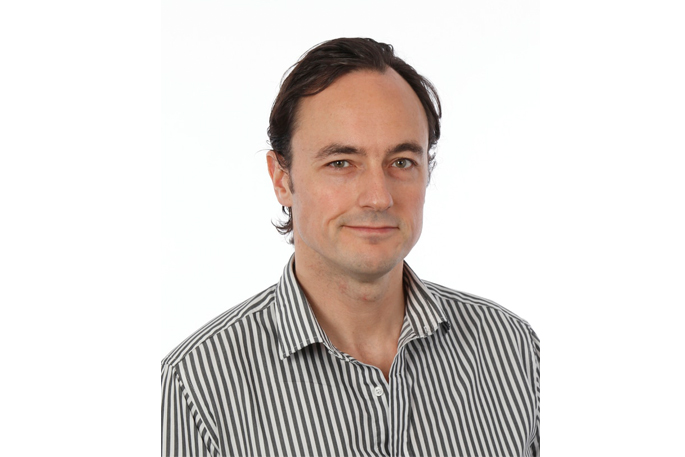It can be scary when memories and thoughts start slipping away from you, but Alzheimer's disease is in a whole different matter, making it hard to remember, communicate, understand and find reason.
Alzheimer's disease affects around one in 20 people over the age of 65 and one in five over the age of 80 in New Zealand. There's no effective treatment.
Waikato neurologist Dr Matthew Phillips says more than 30 million people in the world are affected by Alzheimer's disease, which is why further research is invaluable to help improve symptoms.
In mid-2019, Waikato Hospital will coordinate a 12-week randomised, controlled trial comparing the effects of two different diet modifications in volunteers with mild Alzheimer's.
'There's not a lot of research on using diet as a therapy for medical conditions, which is why we're doing this trial,” says Matthew.
'We are not looking to replace medicine, rather seeing whether a diet change can be used alongside medication to improve neurodegenerative diseases like Alzheimer's and Parkinson's.”
He says there is some evidence that dietary strategies might be beneficial for Alzheimer's, with much support for diets relatively low in fat and with ample natural carbohydrates. And while there is also support for a high fat, adequate-protein, low-carbohydrate 'ketogenic” diet, there's no clear consensus.
Matthew says using the ketogenic diet makes your body think that it is fasting, which might improve brain energy utilisation.
'People with Alzheimer's disease have impaired brain energy metabolism; it is difficult for their brains to burn enough glucose to sustain optimal function,” he explains.
'The ketogenic diet, however, forces your body to burn ketones for fuel in addition to glucose.”
He says during the trial, he will collect information based around three responses, or outcomes.
'Alzheimer's is very complex and, as a result, we usually look at around one of two outcomes. But for this trial we are looking at three - cognition, function and quality of life.”
To make sure the research is applicable to many people with Alzheimer's, Matthew is looking for around 100 participants to take part in the trial.
People from the Waikato, Bay of Plenty and other nearby regions are welcome to participate, as long as they are able to make it to five appointments at Waikato Hospital.
If you are interested in partaking in the trial, or have any questions, email Matthew Phillips on: [email protected]
To learn more about this study and eligibility, visit: www.nutritioninalzheimers.com



0 comments
Leave a Comment
You must be logged in to make a comment.